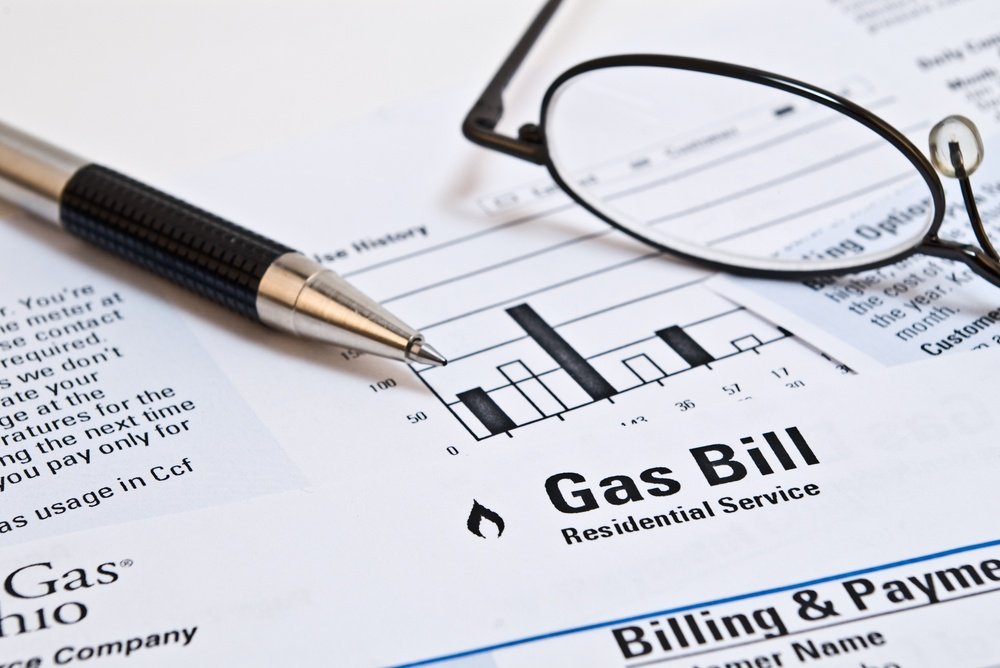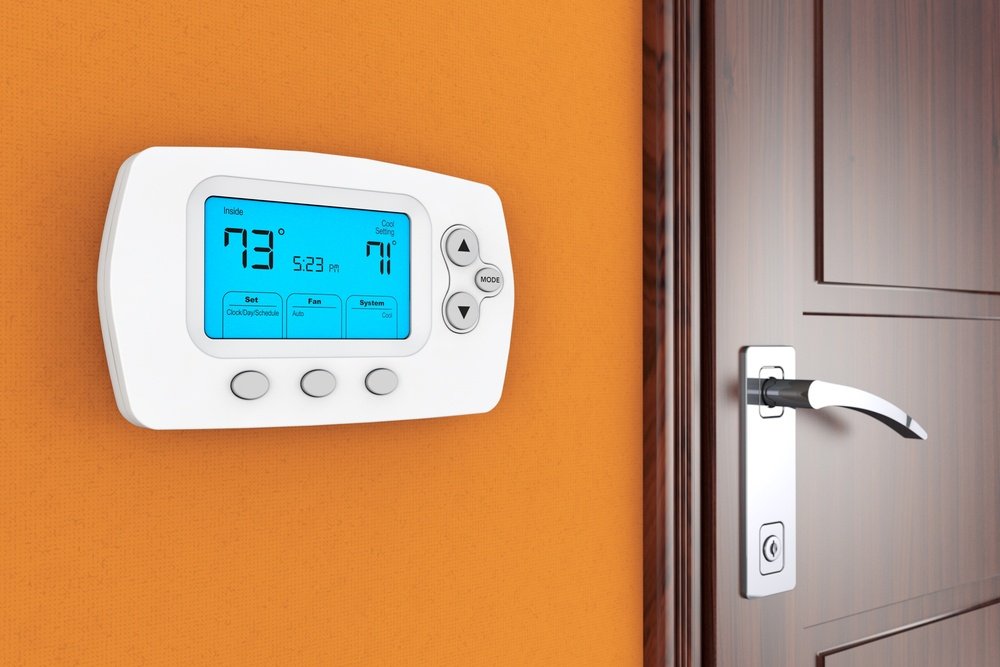The True Cost of Heating Your Home Inefficiently

Heat is essential to keeping our homes comfortable, especially in regions where temperatures can drop below freezing. We need the heat to survive!
But heating can often be the largest energy expense in our homes. On average, heating accounts for about 45% of the average energy bill. When we are not using it efficiently, money is wasted. We need to be aware of our impact. Do you know how much it’s costing to heat your home?
Why are we so inefficient?
Heating systems are made up of three parts. First, you have the source that provides the warm air or heat to the house. This can be the furnace or boiler. Next, you have the distribution system that moves the warm air. Finally, the control system regulates the amount of heat distributed and usually regulates using a thermostat. All three of these systems should be working efficiently, and when one of them is not it can lead to unintended waste and spending.
Efficient heating systems can have a higher purchase cost, which is why some homeowners choose inefficient heating systems from the start. However, these shoppers aren’t considering the long term operating costs of their heating systems. Furnaces, electric pumps, and solar-heating all use different fuel sources and have varying levels of longevity. It’s important to consider more than just the purchase cost before making a decision on how to heat your home.
Older homes run the problem of being built with different standards of energy efficiency. Heat may be wasted because of insulation. Homes without proper insulation may be contributing to higher energy bills more so than homes with inefficient heating systems. When the heat escapes through roof floorboards, walls, or windows, then it doesn’t matter what type of system you are using.
Many homeowners don’t maintain their home heating systems on a regular basis. By neglecting air filters and air ducts, heating systems aren’t able to properly distribute heat throughout the home. Just like we have to keep our appliances clean, we need to pay attention to our energy sources.

Creating an efficient heating system
You can become more efficient by understanding how heat works in your home. With a home energy audit you can figure out the best methods and changes to make for your own home. Here are a few common ways to increase the efficiency of your heating system:
- Maintenance. The simplest way to improve efficiency and extend the life of your heating system is to stay current with heating system maintenance. Clean your air filters monthly and replace them regularly. Make sure your air ducts and pipes are properly sealed.
- Programmable thermostats. Programmable thermostats set the temperature when you are away or asleep, and reduces large fluctuations in temperature change. By installing a thermostat or updating your current one, you can have more control on how and where heat is distributed through your house.
- Insulation. Insulation lowers the need for heating systems to be working all the time. Insulation keeps heat in and lets you take advantage of the energy you are already using. Even older homes can be efficiently insulated. There are many ways to keep costs low with insulation and benefit with big energy savings.
Energy savings
The average U.S. household spends more than $700 on natural gas heating and $1700 on heating oils over a five year period. The annual cost to heat an existing home is dependent on the heat source and distribution model, but with ENERGY STAR products, you can lower your annual energy bill by more than $115 – putting the true cost of inefficient heating in the hundreds!
Sometimes we are unaware of how our money is being spent. We get bills every month for all types of expenses. But by making smart choices, you can lower your energy expenses and still live comfortably any time of the year.


